SADC urged to exploit opportunities coming with beef market trade changes
- By Zimpapers Syndication |
- 08 Jan, 2026 |
- 5
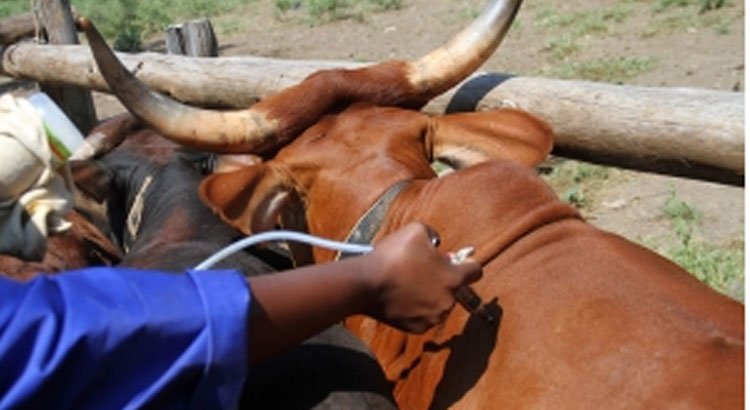
Sifelani Tsiko ---
SADC countries must exploit new opportunities that have arisen following moves by the OIE (World Animal Health Organisation) to make changes to international regulatory standards around Foot and Mouth Disease to allow for trade in beef without excessive regulations and barriers, a senior United Nations Food and Agriculture Organisation official says.
FAO sub regional coordinator for Southern Africa and representative in Zimbabwe, David Phiri told participants recently in Harare at a Foot and Mouth Disease and Commodity Based Trade training workshop that the move opened new opportunities for livestock producers across the entire sub region.
According to the updated OIE Terrestrial Animal Health Code, it was now possible for African countries with wild species like buffalo that naturally harbour foot and mouth disease (FMD) viruses to be able to trade beef without necessarily requiring the physical separation of wildlife and livestock through the extensive veterinary cordon fencing that has characterized animal disease management in southern Africa since the colonial era.
“New opportunities have become available for non-geographical approaches to trade, also referred to as ‘commodity based trade’ (CBT),” he said.
“Successful implementation of regionally appropriate CBT measures needs to be science and risk based and implemented within a robust risk analysis framework if it is to achieve recognition for purposes of regional and international trade.”
CBT, he said, was perhaps the most promising strategy to improve the marketing of livestock and livestock products in southern Africa.
Under CBT – meat is processed in a manner proven to provide minimum risk of transmitting FMD virus, for example, through the removal of bones and lymph nodes.
This, then makes beef acceptable for export helping overcome a more than half century-old conflict between international beef trade policy based on FMD control fencing in the southern African context and the migratory needs of free-ranging wildlife in the region and beyond.
The risk that imported livestock and their products may introduce foot-and-mouth disease virus (FMDV) has restricted trade in these commodities from most countries within the SADC region where FMDV has not been eradicated.
This has reduced investment and development of the livestock sector in Zimbabwe and most other SADC countries as well as export trade opportunities and global food supply.
Moves to allow for trade in deboned beef (DB) from FMD infected cattle, countries or zones has offered hope for the revival of the livestock sector in the region.
Participants at the workshop were trained on animal health standards and how trade in beef is possible from areas not free from FMD.
Training also covered pre-slaughter measures, such as surveillance, quarantine and vaccination, slaughterhouse, procedures for producing deboned beef and other sanitary trade standards.
The FAO, regional institutions, regional economic communities (RECs) and international animal health organisations responsible for trade all supported the CBT approach to enhance earnings for beef exporting countries.
“With such developments, I am convinced that these new alternatives provide home-grown solutions to improving the FMD situation in Zimbabwe in the short, medium and long term,” Phiri said.
“Furthermore, stakeholder capacity building initiatives, such as this training workshop, help empower livestock value chain actors to better appreciate their role in the management of FMD as well as offer the much needed respite for the marketing of livestock and livestock products.
“Such options should undoubtedly be exploited.”
International Trade Standards set by the World Organisation for Animal Health (also known as the Office International des Epizooties, OIE) aim to prevent the spread of animal diseases that can have devastating health and economic consequences.
This prevention, then helps to facilitate safe trade in animals and animal products.
As specified within the World Trade Organisation (WTO) Sanitary and Phytosanitary (SPS) Agreement, OIE standards must balance safety considerations against the need to promote trade and avoid discriminatory measures that are not based on scientific evidence.
Trade barriers on livestock from FMD affected countries such as Zimbabwe and most other SADC countries has sparked debate on the need fair market access for developing countries.
Animal health experts from developing countries argued that such barriers often limited the capacity of developing countries to export high value livestock and animal products.
This, they said, has a knock-on effect in reducing investment in the livestock industry and the availability of products for both internal and external consumption.
Prominent UK-based agricultural researcher, Professor Ian Scoones of the University of Sussex says in Zimbabwe, with large populations of FMD-carrying buffalo, this has long been a major challenge.
“In the past, a massive amount of funding was spent on trying to keep buffalos and livestock separate and thousands of kilometers of fencing erected, in order to gain access to international markets,” he says.
“The European Union invested considerable sums in creating a zoned arrangement, with ‘disease free’, ‘buffer’ and ‘infected’ areas to allow exports to European markets under special agreements that existed under the Lome agreement.
“This was a lucrative trade for those beef farmers able to comply. However, it also excluded many beef producers in large parts of the country. In addition, it diverted huge amounts of aid funds, as well as government resources, in the inevitably vain attempt to create FMD disease freedom.”
In southern Africa, where the FMD virus is endemic, Prof Scoones says, this was an unscientific and expensive policy.
“But pressure from European nations and others in the OIE prevented any change in international regulatory policy until now, despite excellent arguments from African researchers, including from Zimbabwe, that safe trade alternatives exist,” he says in an online report.
“In many ways it was a scandal – a huge waste of time and public money, distorting markets and creating benefits for the few not the many in the name of ‘development’ and ‘aid’.
“Now quarantine-based value chain approaches to beef production (also known as commodity-based trade) can become a routine option. AHEAD Guidelines show how this policy change offers the unprecedented possibility of access to new beef markets for southern African livestock producers.”
Says Steve Osofsky, Wildlife Conservation Society AHEAD Coordinator : “It also unlocks the potential for restoring migratory movements of wildlife and thus enhancing prospects for long-term wildlife population viability within individual countries as well as in transboundary landscapes like the KAZA Transfrontier Conservation Area.”
Prof Scoones says commodity-based trade for beef will help open up markets within Africa, as well as Asia.
He says it will make these markets available for a wider range of producers.
“Complying with safe trade regulations requires upgrading value chain infrastructure and support, but it means that a small-scale livestock producer in the new resettlements or communal areas can now access high value markets, boosting economic opportunity and improving livelihoods,” he further points out.
“Land reform has restructured markets as well as land, and the ‘real markets‘ for beef allow multiple opportunities. This policy change will therefore make a massive difference to people and economies across the region.
“The old era of fencing and absurd and unachievable ‘disease free’ zones is now over, and we can now accept that livestock production in southern Africa must live with the FMD virus, but in a way that allows for safe trade and careful regulation.”
Sometimes innovation and thinking out of the box can make a difference in animal health research.
And as Prof Scoones aptly puts it: “Sometimes the long, hard slog of evidence-based policy research does pay off, despite plenty of interests stacked against it.”
This has brought a measure of hope for countries surviving with this trade sensitive FMD disease.
No Comments


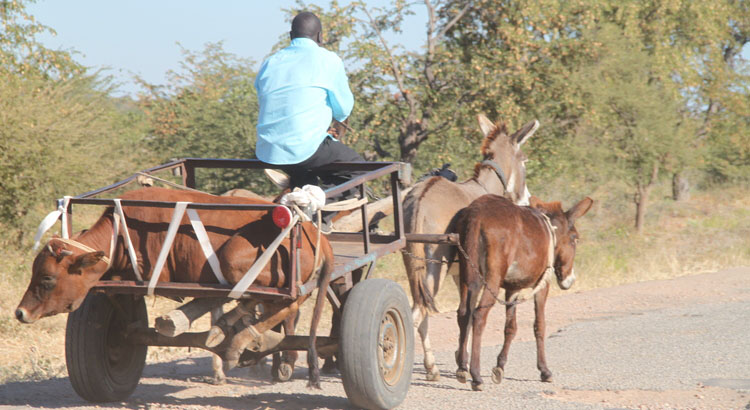

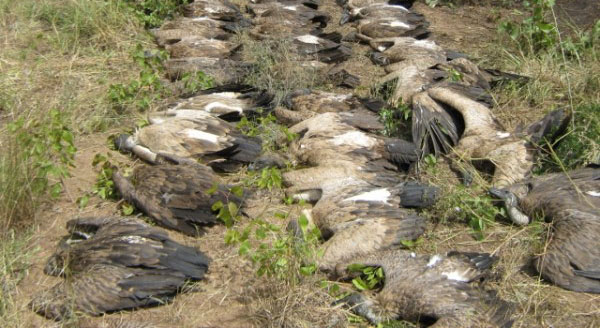
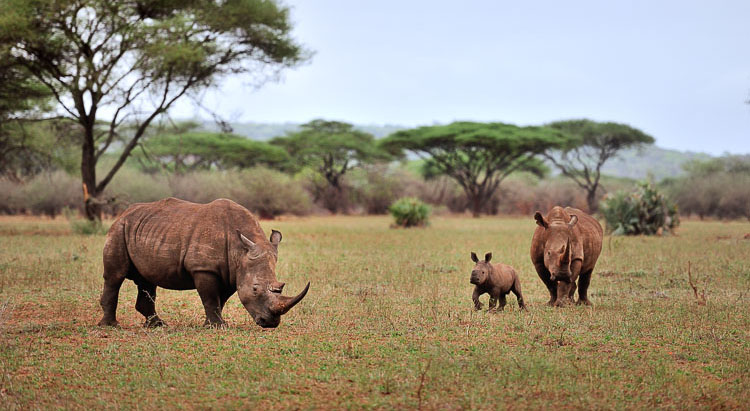



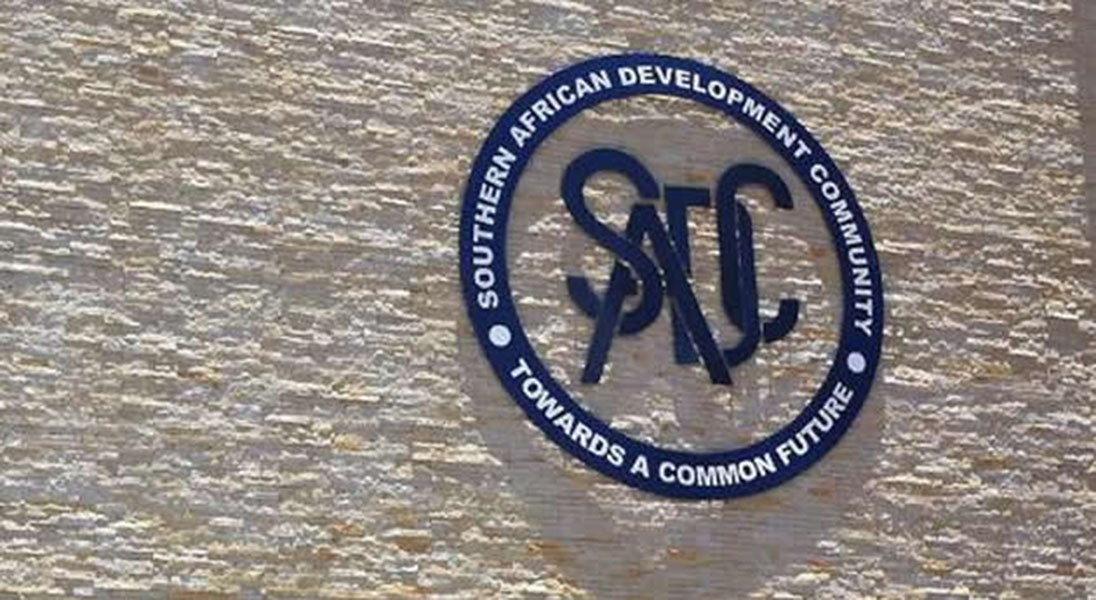
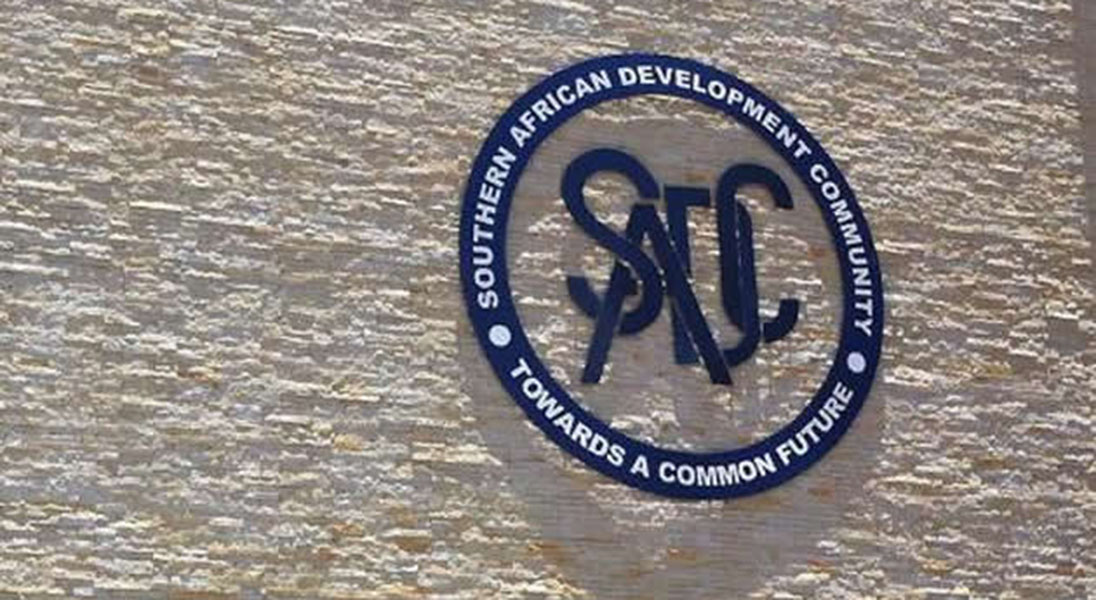

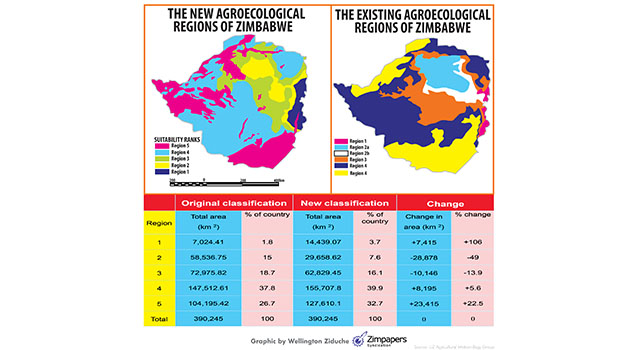

Comment